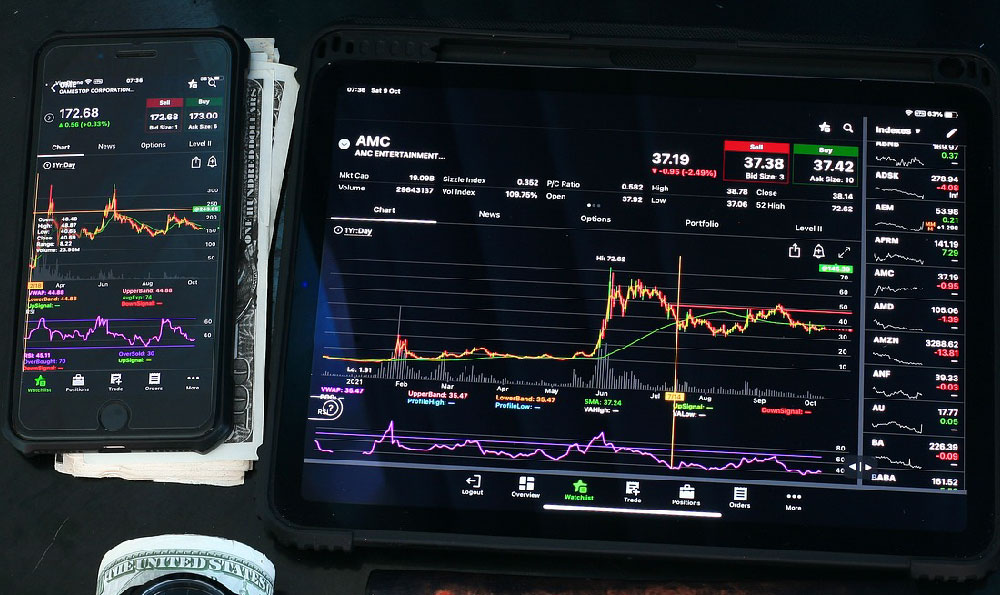Cash App has become a popular financial tool for its ease of use and integrated features such as instant payments, savings accounts, and cryptocurrency trading. While the app itself does not offer guaranteed ways to make money quickly, it does provide various avenues for users to explore potential income streams, particularly those tied to strategic financial management and market participation. One of the most frequently discussed methods involves leveraging the Cash App's lending features, which allow users to borrow funds from their savings to invest in stocks or cryptocurrencies. This approach, known as Cash Boost, operates on a principle similar to margin trading, enabling users to amplify their investment capacity by utilizing a portion of their existing cash. However, the effectiveness of this strategy depends on the user's ability to time the market accurately and balance risk with reward, as the borrowed capital is subject to interest charges and may carry significant downside if investments underperform. Instances where users have reported substantial returns often coincide with select market conditions, such as strong upward trends in securities or favorable price movements in digital assets, which may not be consistent or replicable in all scenarios. Additionally, the app's automated savings programs, which offer competitive interest rates on idle funds, can provide passive income over time, though the growth is typically modest and limited by the compounding effect of annual percentage yields. For users interested in prompt monetary gains, engaging with Cash App's merchant partnerships or referral programs may present opportunities, but these typically involve commission-based rewards or incentive structures that require active participation and may not generate immediate wealth. It is also important to consider the role of cryptocurrency trading, which can yield high returns within short timeframes but demands a deep understanding of market dynamics and a willingness to accept high volatility. Users who participate in such activities often rely on technical analysis, news events, or algorithmic trading strategies to capitalize on price fluctuations, though the uncertainty of these markets increases the risk of financial loss. Furthermore, the app's integration with third-party financial services, such as investing in ETFs or mutual funds through the Cash App platform, may offer opportunities for diversified returns, but the performance of these assets varies widely and is influenced by macroeconomic factors, geopolitical events, and sector-specific trends. While some users have reported expedited gains through these channels, the likelihood of consistent results is closely tied to the user's financial literacy and ability to navigate complex market conditions. The app's lending features, for instance, function as a short-term financial leverage tool, where users can borrow funds against their cash balance to invest, but the interest rates applied to these loans may surpass those of traditional financial instruments, leading to potential erosion of returns. In reality, the most reliable and sustainable methods of generating income through Cash App often require a combination of patience, risk management, and strategic planning. Users should carefully assess their financial goals, risk tolerance, and market knowledge before engaging in any income-generating activities. Those who prioritize long-term growth may opt for the app's automated savings programs, which offer regular interest payments while minimizing exposure to market volatility, whereas individuals seeking more active opportunities may explore the app's investing features, which provide access to a broader range of assets and potentially higher returns. However, it is crucial to emphasize that no financial strategy is entirely risk-free, and the pursuit of rapid gains may necessitate a greater level of financial commitment and market awareness. Cash App users who engage in high-risk activities such as speculative trading or high-interest lending must be prepared to shoulder the associated risks, including the possibility of capital loss or financial distress. For those interested in generating income quickly, it may be beneficial to analyze current market trends, assess the performance of different investment options, and consider alternative financial tools that align with their specific objectives. The app's velocity and accessibility make it an attractive platform for financial experimentation, but success ultimately depends on the user's ability to balance ambition with caution. Moreover, users should remain aware of the app's income generation mechanisms, which may include varying interest rates, loan terms, and investment opportunities that are subject to change based on regulatory requirements and market conditions. In conclusion, while Cash App can provide users with the means to explore diverse financial strategies, the potential for rapid monetary gains is closely tied to the user's understanding of financial markets, their ability to manage risk, and their alignment with the app's available services. The most effective approach to generating income through the platform often involves a combination of active participation, strategic decision-making, and a long-term perspective that prioritizes sustainability over short-term returns. Users who are committed to maximizing their financial potential while minimizing risks should carefully evaluate their options, seek financial education, and consider alternative methods of wealth generation that may better suit their individual circumstances.













